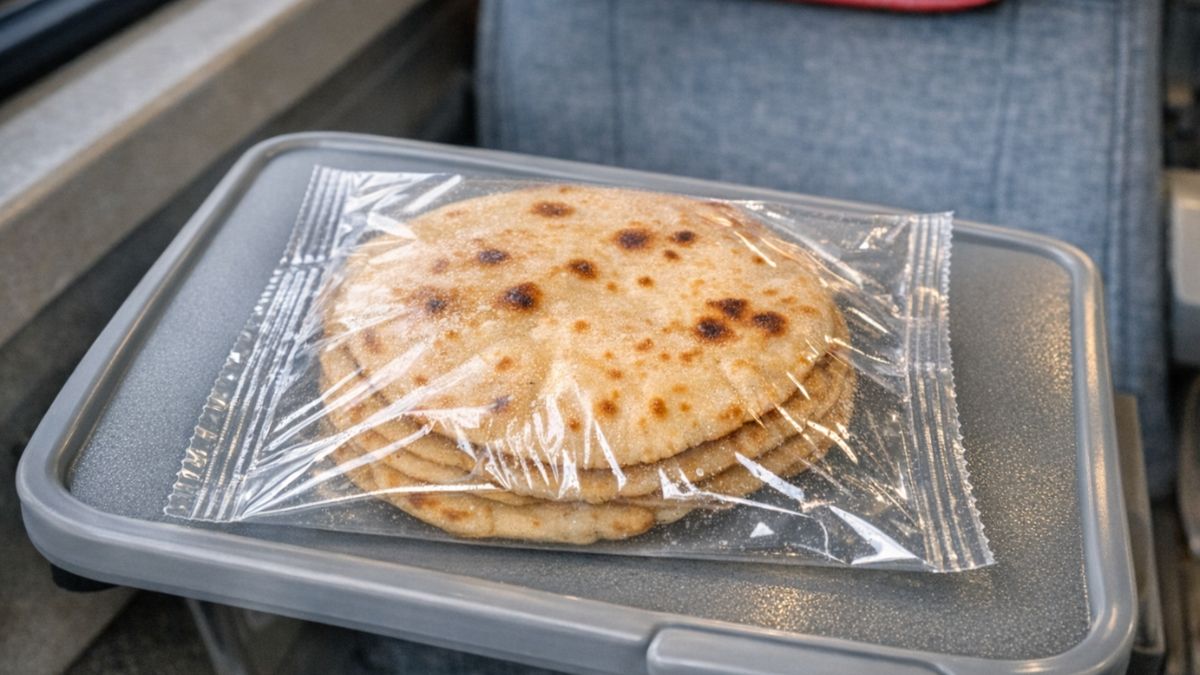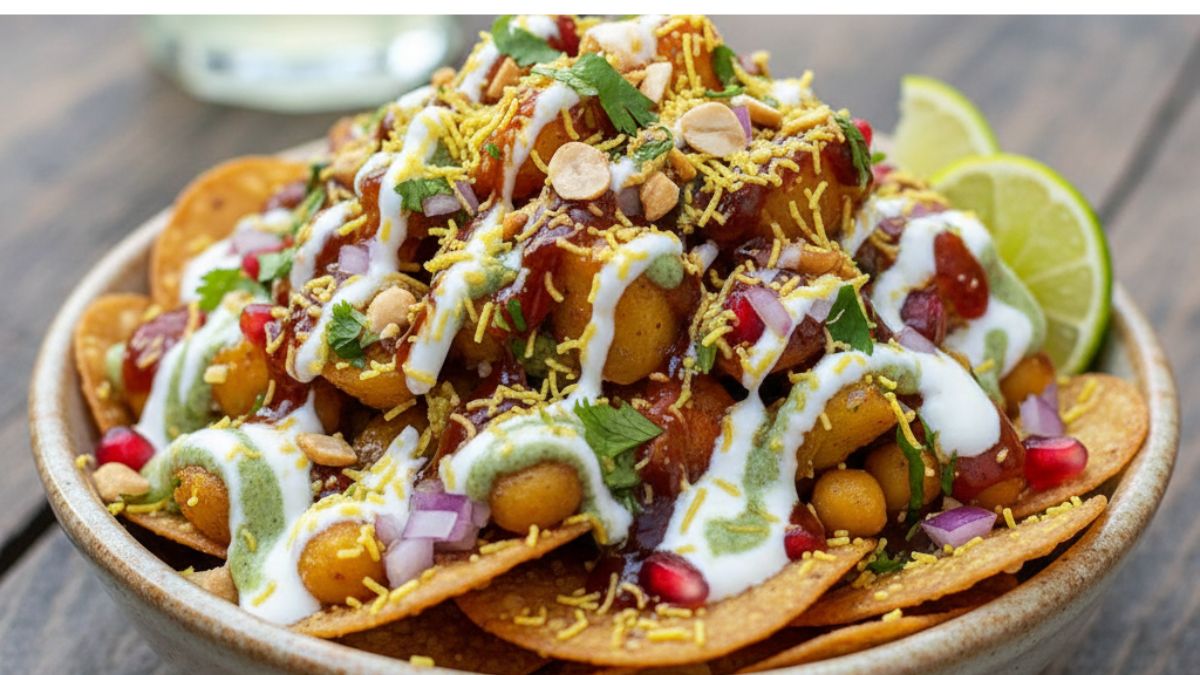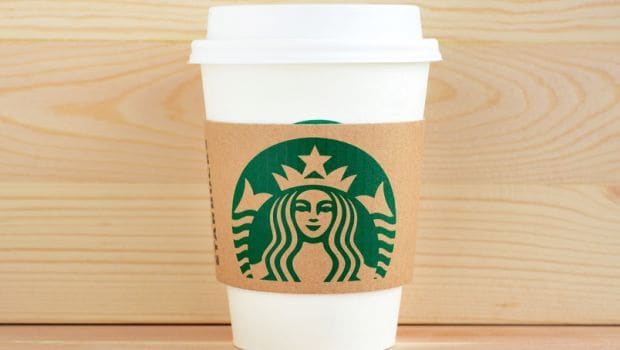The culture wars come every December, fueled by peppermint mochas and venti soy lattes. The battleground is Starbucks. It's always Starbucks, isn't it? No one is complaining that the blue-and-brown holiday cups at Caribou Coffee take the "Christ" out of Christmas.No one is telling the Olive Garden hostess that their name is "Trump" so that she will have to call out "Trump, party of three!"Religion. Politics. The Bill of Rights. They all converge here, in front of a glass case full of cake pops.
The company's current foray into the headlines comes from several Trump-related incidents in stores over the past couple of weeks. On Nov. 16, a video of Miami real estate remodeler David Sanguesa berating a Starbucks employee whom he claimed refused to serve him because he was a Trump supporter went viral. (A witness said that Sanguesa got angry that his coffee order took too long.) "We want nothing to do with you," he told the barista, who appears to be a person of color. "You're trash."Two days later, political consultant Tim Treadstone posted a video of Starbucks employees allegedly calling the police on a man who insisted that baristas write "Trump" on his cup."Operation #TrumpCup" was born: Treadstone encouraged Trump supporters to go to Starbucks, give their name as Trump, and take video if the barista refused to use the name."We have a culture war to win. I'm a Trump supporter. I thought when Trump won, I might just wake up and America would be great again. Guess what, it wasn't," Treadstone told The Washington Post. "Obviously, a lot of people aren't happy with us, and we need to stand up for our freedom and our First Amendment."The First Amendment protects your right to speech and expression without government interference. But it does not protect against interference by private businesses, such as Starbucks. Besides, taking customers' names is not even official company policy. It's "a fun ritual in our stores," said spokesman Reggie Borges, who said that Starbucks does not require employees to call out names.The movement is an "attempt to troll [Starbucks's] famously liberal baristas into being hypocritical in some fashion: to refuse to serve a customer in the same way that some opponents of same-sex marriage want to refuse service to gay couples," said Erik Owens, interim director of the Boisi Center for Religion and American Public Life at Boston College.#TrumpCup is a spinoff of a movement called #MerryChristmasStarbucks, which Joshua Feuerstein, an evangelical social media personality, started in 2015 when Starbucks released a minimalist red cup that people criticized for being too plain - a design that Starbucks intended as a blank-slate holiday celebration for all faiths."I felt as though a point needed to be made that we as Americans are tired of political correctness and the cultural cleansing of anything related to Jesus (i.e. Christmas)," Feuerstein wrote in an email.In a video, he encouraged his followers to go to Starbucks and give their names as Merry Christmas, so that baristas would write it on the cup. Feuerstein's video alleged that Starbucks employees are instructed not to say "Merry Christmas." Borges denied that: "Our baristas are not provided a script or a policy around greeting customers," he said.The movement caught on, and even President-elect Donald Trump, then one of 14 candidates in the Republican primary field, jumped into the fray."That's the end of that lease," he said at a rally, referring to the Starbucks in Trump Tower. "If I become president, we're all going to be saying 'Merry Christmas' again, that I can tell you."Ironically, instead of boycotting the business, many of the Starbucks-related social media movements involve mobilizing people to actually spend money at a company whose views they presumably disagree with. Feuerstein said that his followers "flooded Starbucks to participate" in #MerryChristmasStarbucks. (He did not answer a question asking whether his message outweighed the company's potential financial gain.) Treadstone was fine with spending money there: "This was never meant to be a boycott," he told The Post of his call to arms. "I love Starbucks."As many have pointed out on social media, the people who are offended by Starbucks cups are often the same people who accuse their political rivals of being too sensitive about things like the Confederate flag."It's a transparent attempt to stir up false conflict in order to rally a certain subset of Christians against so-called liberal culture," Owens said.Starbucks's holiday cups have often featured nondenominational holiday symbols, such as snowmen and stars. Those images have been politicized, too: In 2011, the company was accused of featuring a nutcracker that looked like the Guy Fawkes mask, then a symbol of Occupy Wall Street. Starbucks said it was a coincidence.And it is not the only company to stick to bland seasonal greetings. Last year's McDonald's cup was purple (!) with an image of a wreath and the phrase "Welcome home." This year's design features a Christmas tree, as does the Dunkin' Donuts cup.The Starbucks design is a lot spiffier this year, too. Inspired by customers who drew on last year's plain red cups, the company has released a series of elaborate but secular designs - birch trees, snowflakes, strings of holiday lights and Santa with his sleigh."It would have been difficult for us to ignore the feedback from last year, and we take it in stride, both positive and negative," Borges said.Maybe that is why a promotional video features a cup with a drawing of Jesus in the manger - a design that does not appear on any cups in stores. Still, Feuerstein and others seem pleased with the change."Looks like the American people have been heard," Feuerstein said. "And we not only saved Christmas, we elected Donald Trump as our next president and saved the country!"The idea that something as simple as a Starbucks cup could either save or ruin Christmas would have seemed absurd for much of the company's history. In the early days, Starbucks was almost snooty, serving espresso to people who were too good for regular drip coffee. It was distinctly Left Coast. Not to mention, it required Americans to learn Italian: The country struggled with words like doppio, venti and macchiato.Today, Starbucks has more than 12,000 shops in the United States, and 80 percent of the country lives less than 20 miles from a grande eggnog latte."Starbucks has a broader target, based on the ubiquity of the brand," said Derek Rucker, a marketing professor at Northwestern University. "With that broader target, you're more likely to get difference of opinion."Part of the reason Starbucks is a frequent target is because its chief executive, Howard Schultz, is outspoken about his politics. In 2013, he requested that customers not bring guns to his stores, even in states where open carry is permitted. He launched "Race Together," a widely mocked attempt to start a conversation about race in stores.He endorsed Hillary Clinton for president. And just before the election, Starbucks released a green cup with an illustration of more than 100 people drawn with one continuous line - "a symbol of unity as a reminder of our shared values, and the need to be good to each other," Schultz said in a news release. People thought it was the holiday cup, and a mass freakout ensued. Schultz, by the way, was raised Jewish.But other companies headed by Democrat-endorsing chief executives have not found themselves in the crosshairs nearly as much. Calls for Republicans to boycott Netflix and Costco did not take off the way that Starbucks protests have. This may be because Starbucks' history of these types of protests builds upon itself, making the brand a symbolic target for right-wing demonstrators."The stage has almost been set for not only consumers but also media to be sensitive to what Starbucks has done, perhaps more than other brands," Rucker said.It may also have something to do with consumers' relationship with the brand."Many of us go to the same coffee shop every day, so when there's a violation, it's not so easily overlooked," Rucker said. Potentially, customers are "more vested in their experience there."
Coffee is a ritual, and when it gets political, it is personal. After all, your name is on the cup - except when it's Trump's name instead.(c) 2016, The Washington Post
(This story has not been edited by NDTV staff and is auto-generated from a syndicated feed.)
The company's current foray into the headlines comes from several Trump-related incidents in stores over the past couple of weeks. On Nov. 16, a video of Miami real estate remodeler David Sanguesa berating a Starbucks employee whom he claimed refused to serve him because he was a Trump supporter went viral. (A witness said that Sanguesa got angry that his coffee order took too long.) "We want nothing to do with you," he told the barista, who appears to be a person of color. "You're trash."Two days later, political consultant Tim Treadstone posted a video of Starbucks employees allegedly calling the police on a man who insisted that baristas write "Trump" on his cup."Operation #TrumpCup" was born: Treadstone encouraged Trump supporters to go to Starbucks, give their name as Trump, and take video if the barista refused to use the name."We have a culture war to win. I'm a Trump supporter. I thought when Trump won, I might just wake up and America would be great again. Guess what, it wasn't," Treadstone told The Washington Post. "Obviously, a lot of people aren't happy with us, and we need to stand up for our freedom and our First Amendment."The First Amendment protects your right to speech and expression without government interference. But it does not protect against interference by private businesses, such as Starbucks. Besides, taking customers' names is not even official company policy. It's "a fun ritual in our stores," said spokesman Reggie Borges, who said that Starbucks does not require employees to call out names.The movement is an "attempt to troll [Starbucks's] famously liberal baristas into being hypocritical in some fashion: to refuse to serve a customer in the same way that some opponents of same-sex marriage want to refuse service to gay couples," said Erik Owens, interim director of the Boisi Center for Religion and American Public Life at Boston College.#TrumpCup is a spinoff of a movement called #MerryChristmasStarbucks, which Joshua Feuerstein, an evangelical social media personality, started in 2015 when Starbucks released a minimalist red cup that people criticized for being too plain - a design that Starbucks intended as a blank-slate holiday celebration for all faiths."I felt as though a point needed to be made that we as Americans are tired of political correctness and the cultural cleansing of anything related to Jesus (i.e. Christmas)," Feuerstein wrote in an email.In a video, he encouraged his followers to go to Starbucks and give their names as Merry Christmas, so that baristas would write it on the cup. Feuerstein's video alleged that Starbucks employees are instructed not to say "Merry Christmas." Borges denied that: "Our baristas are not provided a script or a policy around greeting customers," he said.The movement caught on, and even President-elect Donald Trump, then one of 14 candidates in the Republican primary field, jumped into the fray."That's the end of that lease," he said at a rally, referring to the Starbucks in Trump Tower. "If I become president, we're all going to be saying 'Merry Christmas' again, that I can tell you."Ironically, instead of boycotting the business, many of the Starbucks-related social media movements involve mobilizing people to actually spend money at a company whose views they presumably disagree with. Feuerstein said that his followers "flooded Starbucks to participate" in #MerryChristmasStarbucks. (He did not answer a question asking whether his message outweighed the company's potential financial gain.) Treadstone was fine with spending money there: "This was never meant to be a boycott," he told The Post of his call to arms. "I love Starbucks."As many have pointed out on social media, the people who are offended by Starbucks cups are often the same people who accuse their political rivals of being too sensitive about things like the Confederate flag."It's a transparent attempt to stir up false conflict in order to rally a certain subset of Christians against so-called liberal culture," Owens said.Starbucks's holiday cups have often featured nondenominational holiday symbols, such as snowmen and stars. Those images have been politicized, too: In 2011, the company was accused of featuring a nutcracker that looked like the Guy Fawkes mask, then a symbol of Occupy Wall Street. Starbucks said it was a coincidence.And it is not the only company to stick to bland seasonal greetings. Last year's McDonald's cup was purple (!) with an image of a wreath and the phrase "Welcome home." This year's design features a Christmas tree, as does the Dunkin' Donuts cup.The Starbucks design is a lot spiffier this year, too. Inspired by customers who drew on last year's plain red cups, the company has released a series of elaborate but secular designs - birch trees, snowflakes, strings of holiday lights and Santa with his sleigh."It would have been difficult for us to ignore the feedback from last year, and we take it in stride, both positive and negative," Borges said.Maybe that is why a promotional video features a cup with a drawing of Jesus in the manger - a design that does not appear on any cups in stores. Still, Feuerstein and others seem pleased with the change."Looks like the American people have been heard," Feuerstein said. "And we not only saved Christmas, we elected Donald Trump as our next president and saved the country!"The idea that something as simple as a Starbucks cup could either save or ruin Christmas would have seemed absurd for much of the company's history. In the early days, Starbucks was almost snooty, serving espresso to people who were too good for regular drip coffee. It was distinctly Left Coast. Not to mention, it required Americans to learn Italian: The country struggled with words like doppio, venti and macchiato.Today, Starbucks has more than 12,000 shops in the United States, and 80 percent of the country lives less than 20 miles from a grande eggnog latte."Starbucks has a broader target, based on the ubiquity of the brand," said Derek Rucker, a marketing professor at Northwestern University. "With that broader target, you're more likely to get difference of opinion."Part of the reason Starbucks is a frequent target is because its chief executive, Howard Schultz, is outspoken about his politics. In 2013, he requested that customers not bring guns to his stores, even in states where open carry is permitted. He launched "Race Together," a widely mocked attempt to start a conversation about race in stores.He endorsed Hillary Clinton for president. And just before the election, Starbucks released a green cup with an illustration of more than 100 people drawn with one continuous line - "a symbol of unity as a reminder of our shared values, and the need to be good to each other," Schultz said in a news release. People thought it was the holiday cup, and a mass freakout ensued. Schultz, by the way, was raised Jewish.But other companies headed by Democrat-endorsing chief executives have not found themselves in the crosshairs nearly as much. Calls for Republicans to boycott Netflix and Costco did not take off the way that Starbucks protests have. This may be because Starbucks' history of these types of protests builds upon itself, making the brand a symbolic target for right-wing demonstrators."The stage has almost been set for not only consumers but also media to be sensitive to what Starbucks has done, perhaps more than other brands," Rucker said.It may also have something to do with consumers' relationship with the brand."Many of us go to the same coffee shop every day, so when there's a violation, it's not so easily overlooked," Rucker said. Potentially, customers are "more vested in their experience there."
Coffee is a ritual, and when it gets political, it is personal. After all, your name is on the cup - except when it's Trump's name instead.(c) 2016, The Washington Post
(This story has not been edited by NDTV staff and is auto-generated from a syndicated feed.)
Advertisement











